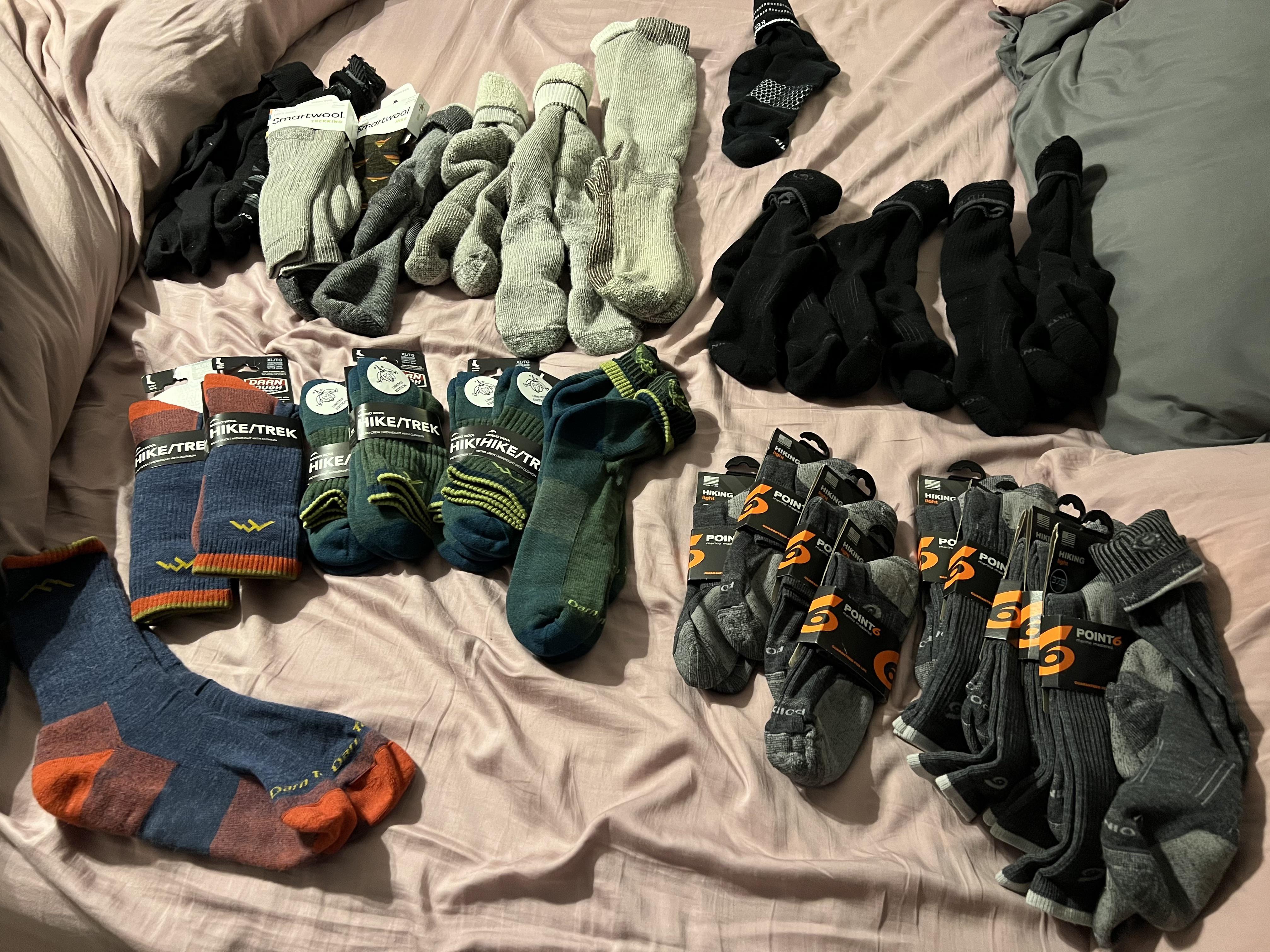

…are you serious?
There would be so much data in understanding people’s light usage. For example, you could figure out how late or early people get up, number of people living in a house, how crowded the house is, how many lights are used per room, etc etc. it would be a gold mine of information.
Let’s say you’re a home automaton designer. You want to design devices to be used in the home, but in order to design such devices, you need enough of a stockpile of user data. This lightbulb data would be incredible valuable.
You can probably even analyse the data and determine things like whether someone is watching tv late at night.
From a nefarious view, how valuable would this data be to robbers and thieves?








It was a bit unclear to me how stable this was to adjusting the course. Did they set up the course in a blind fashion?
With a lot of ML it boils down to how well the training set represents the situation.